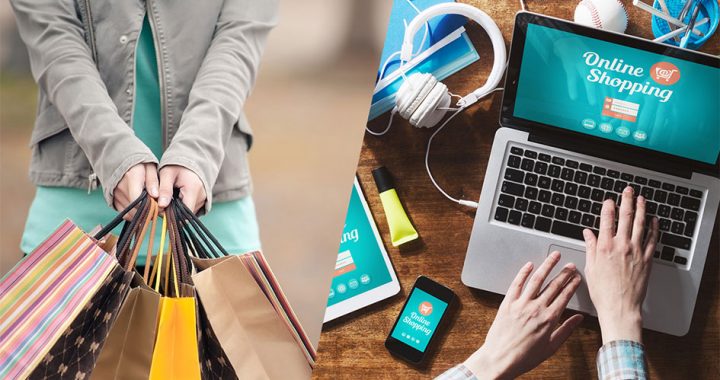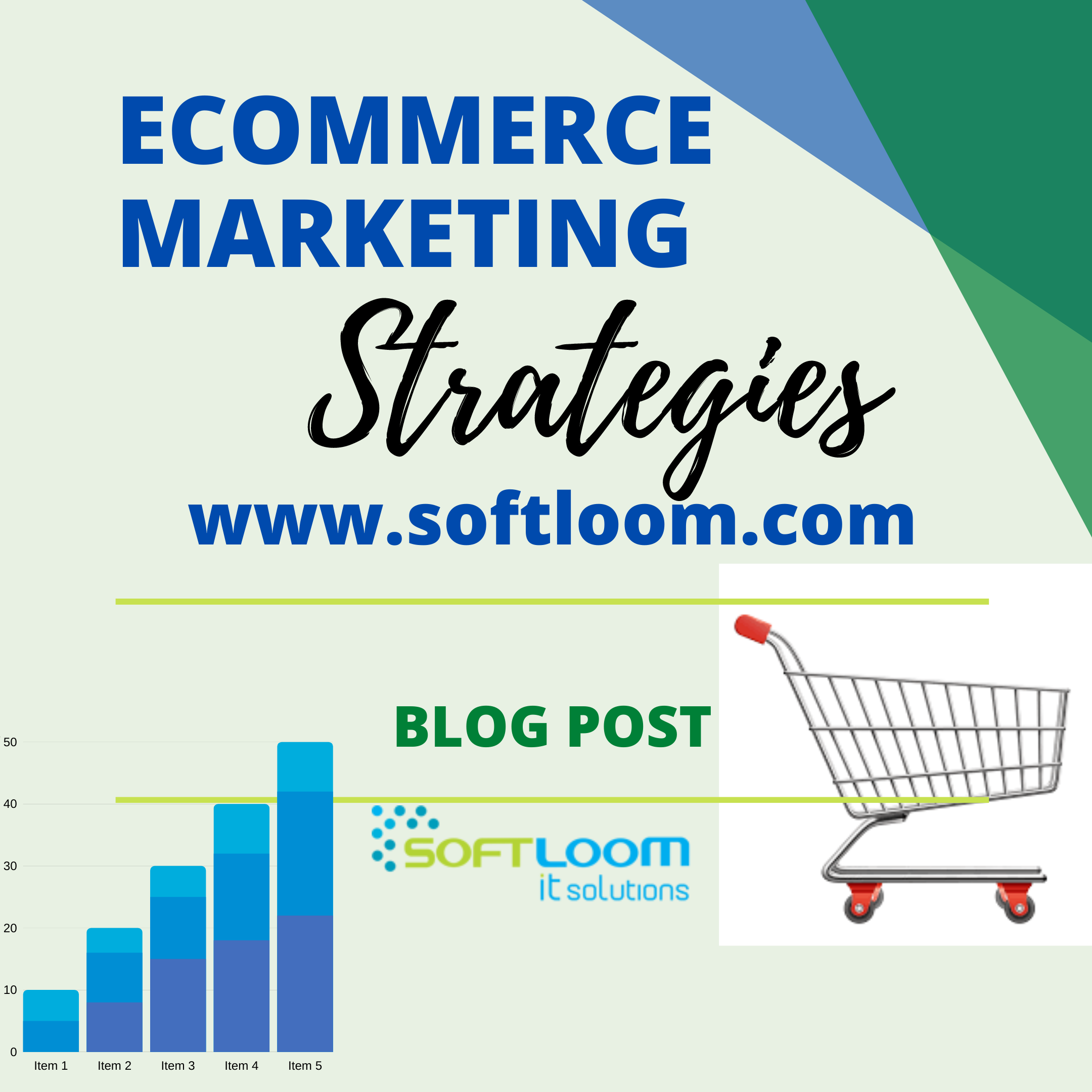Ecommerce Marketing Strategies have been on all sides for a while now. Accessing an online store is now table stakes. As we perforate into 2020 the brands are now in the venture for methods to contrast themselves and expand their customer base. On the other hand, it is also in its way completing to cut off the intensifying competition and cost of customer securing. The customary playbook of eCommerce plays a vital role in its enlargement. Brands still use a channel strategy by going into the marketplace first and taking a direct-to-consumer approach.
Brands still need different ways to connect with the customer though they can use social media platforms. Social media marketing still holds a vital part in marketing. Day by day more people prefer online shopping. The enlarging digital transformation is infiltrating every facet of retracting from B2C to B2B and to B2B2C. Customers keep their expectations high during their inspection and ordering process. 1- 2day shipping is the benchmark now.
Checkout enhancements: one-click payment gateways and more we all know that people who do online shopping are people who like to access things in a simpler manner. The insurgence of online shopping gave start-up floodgates to consumers . And now the number of shoppers buying online increased to a great extent. The increase in freight caused increasing competition among online retailers. They had to meet revenue goals and sort issues like people who put in items to their cart and then never completed checkout. Cart evaluation is an increasing and one significant problem.
The retailers found a solution to decrease this issue by introducing personalization and customization. So that the website would be able to recognize repeat customers by identifying their information by entering their phone number or any other source. In addition to this, the retailers are magnifying the user’s experience of a website by letting the customer do the purchase by their choice of payment method to name a few apples pays, through Vimeo, pay pal, google pay, etc.

Sustainability: from sourcing to fulfillment and beyond.
The years 2019 and 2020 witnessed the most hapless downfall of the most known brands like forever21, Kohl’s, and H&M. All of them were fast fashion brands. They are popular for their rapidly beating out of different styles made out of synthetic materials sold for the sake of catching new trends which are built only for a few years. Fast fashion had a great impact on the surroundings as it gave a decline to about 85% of the united states’ unsustainable textile waste ended up in landfills. The notion of unsustainability extent to industries other than fashion for instance the industries making seasonal or time-bound products. For eg the iPhone and cars which we consume. As customers are realizing about this, they demand brands to make more sustainable products.
In a number of areas, brands are responding by being more sustainable. Companies all over the globe are considering this demand and are piloting announcements about the changes. In their packaging method either by making use of fewer plastic methods or by committing themselves to be completely plastic-free in the future. On the other hand, a lot of other brands are making use of more sustainable methods to produce their products such as using materials that are fair-trade and organic which cause less harm to the planet.
In spite of this, the companies are coming up with being sustainable within the inner operations of a company such as by incentivizing employees to carpool or by using recyclable materials in cafeterias. Meeting customers through where they are SMS, chatbots, and email. The days when we pick up a phone to talk to a customer are now gone.
In today’s constantly changing digital environment the customers expect the brand to connect them in ways that are more convenient for the shopper as through email, texting, or through onsite Chatbots. The advancing technologies help the eCommerce platforms in communications as of now. The most common platforms like beg commerce can easily work with a partner solution to add additional communication channels to their storefront.
Few brands are making use of SMS as their marketing channel by alerting the subscribers with new product launches and promotions. With the evolving methods of communication one thing is for sure that we need to bring in new ways of how a brand would talk to their customers.
Partner-first strategies: benefiting from mutual customers.
The number of brands is enlarging which makes us realize that it is tough to build a community from scuff. We need to build a product, create a buzz revolving around it. Then find areas where your users would be hanging out and market them in an innovative way. A number of brands are finding success by partnering up with other retailers to comarket. This kind of partnership can many forms like a rebate package of 2 products. An elementary marketing message to swap or even the products. A brand-new product launched in tandem by 2 brands.
Building a community newsletter, slack channels and more Brands are persistently searching for a modern-day version of a day at the mall so that all shoppers can gather, converse, explore and learn new brands. Here you can find a niche group of consumers who share promo and codes engaging in genuine conversations. One other way where brands could create loyal customers who would return to purchase is by building a community where they can continue to interact with the product and other customers even long after the purchase has been made.
Revelry is a brand doing this method well. Other than impeding the wedding industry by changing the way brides. And bridesmaids shop for dresses they have also gained success by creating Facebook groups where customers can share information about body types and sizes. It also makes notes about the different colors and shares final photos of their big day.
From bricks to clicks: brick and mortar stores and popups
Despite the online innovations and marketing channels some brands still recognize the value of face-to-face interactions with the consumers. There are still few brands that activate customers in person and. Ambition from high cost through to low-cost activations. Casper is the most popular example of a successful brick-and-mortar strategy. They begin as a direct to the consumer than to an online-only mattress company. They gathered up to $239.7 million in findings. And the brand also announced the addition of 200 retail locations in the next few years. The dreamers were also piloted where customers can pay to have a 45-minute nap in a Casper bed. An easier way for smaller brands to take up advantage of in-person sales is through a popup or marketplace.

The CBD skincare brand lab is the first one to be used as an eCommerce Marketing Strategies . It was piloted by a pop-up model in late 2018 by selling products at Barneys New York for 3 days during the holiday season. Due to this success, it has now permanent stock in different barneys locations.
Conclusion
A coherent step in every retailer’s e-commerce growth is to assess out different Ecommerce Marketing Strategies and channel strategies. Consumer claims will proceed to shift over time. So your best bet is trying to keep up with the velocity by testing new approaches. If we have the resources to test on a weekly cadence or a quarterly switch up is more your speed. It makes sure you have the moment to fully meet the requirements and vet any new approach. If you see a brand doing something groundbreaking. And different reach out to them and get information from them about how they’re measuring results.






